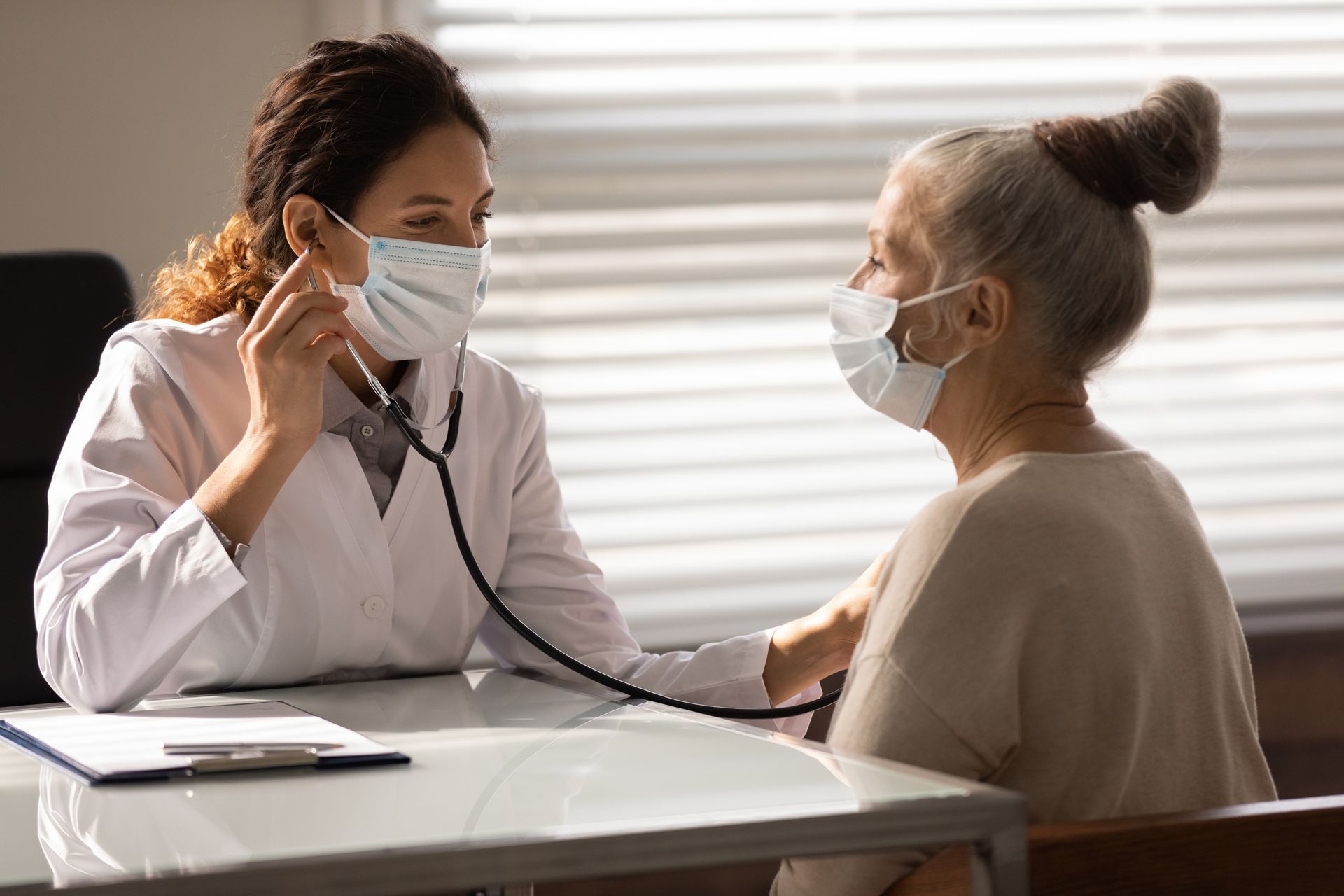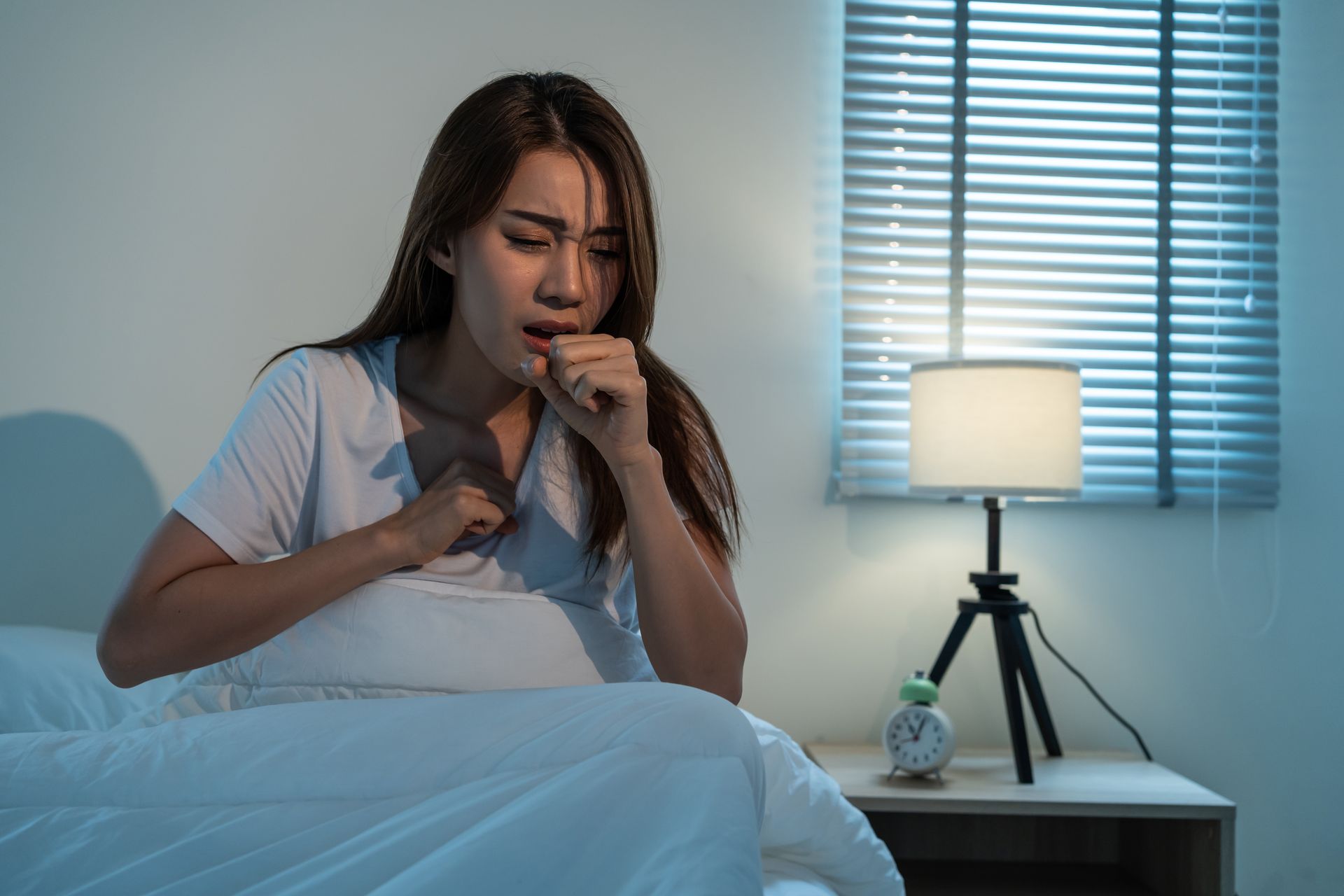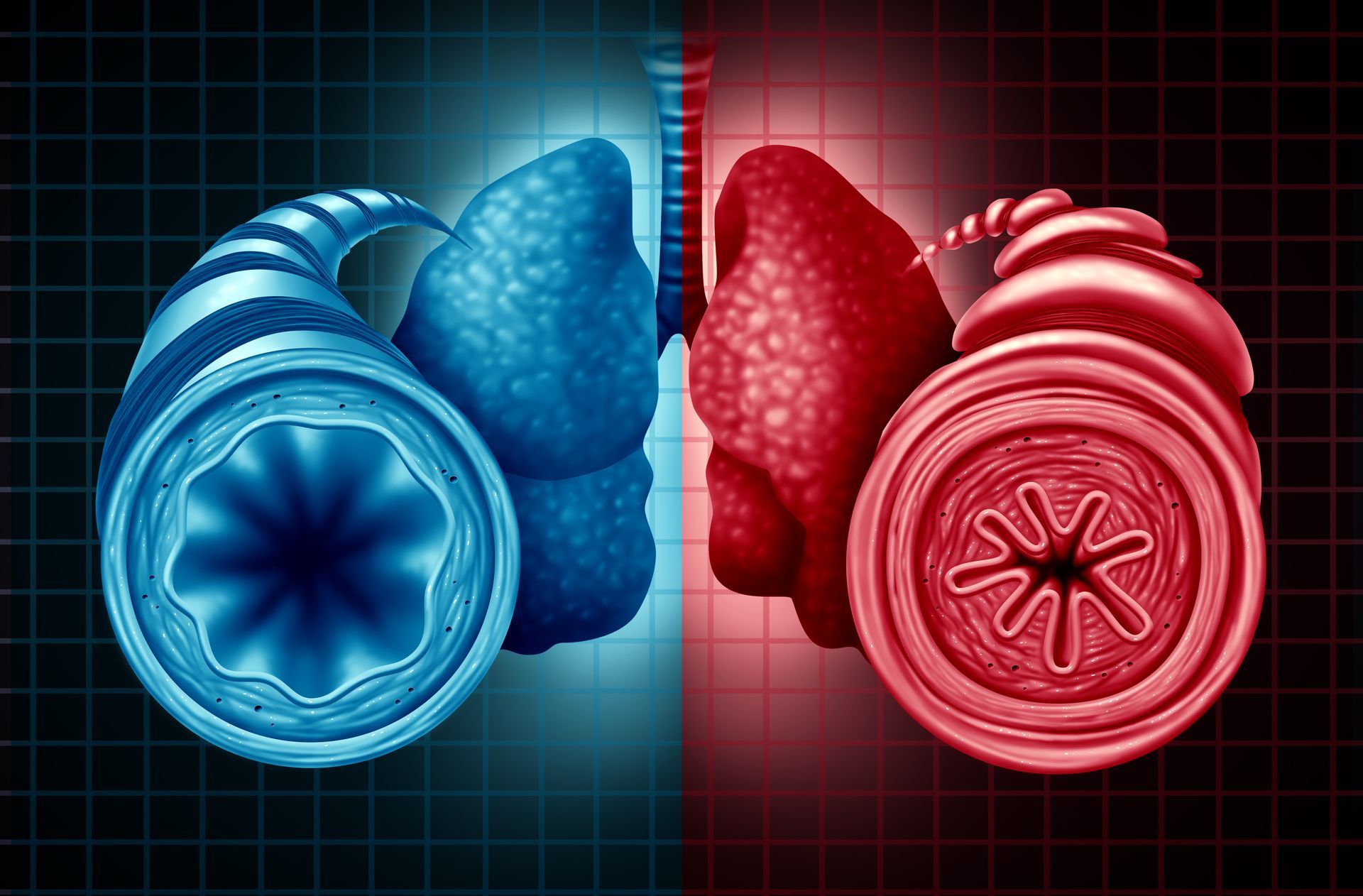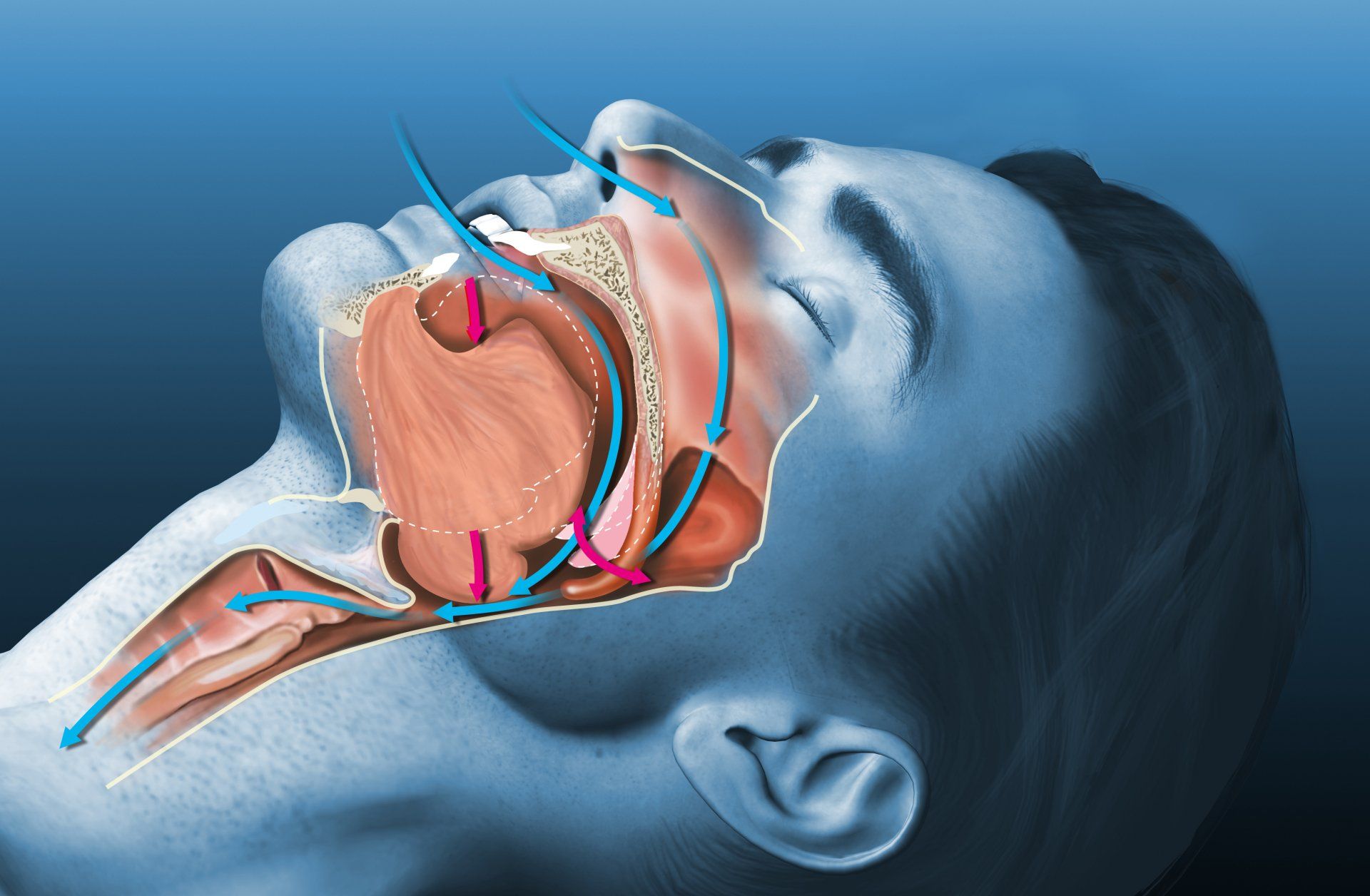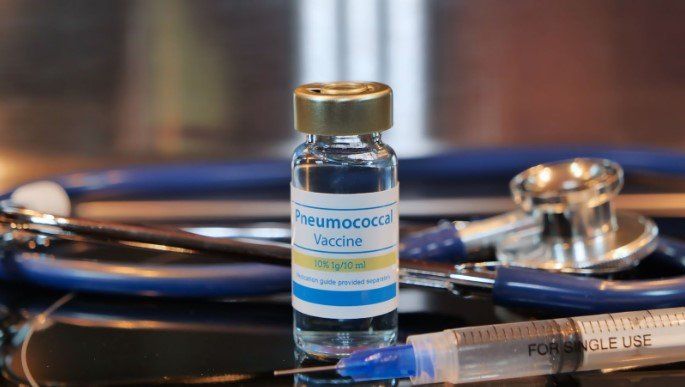Chronic Bronchitis - Symptoms and Treatment
What is chronic bronchitis?
Chronic bronchitis occurs when the tubes that carry air to your lungs (known as bronchi) are persistently inflamed and swollen, leaving you with a chronic cough and excessive phlegm production. Associated symptoms can include progressive breathlessness and chest discomfort.
What are the possible causes?
Chronic bronchitis is a form of chronic obstructive pulmonary disease (COPD). The main risk factor is smoking. Smoking damages the lining of the bronchi, which in turn becomes inflamed and damaged. Air pollution and fumes may also play a part or make the disease worse.
Is this condition life threatening?
If left untreated, chronic bronchitis can result in an acute worsening of the chronic respiratory symptoms, known as a COPD exacerbation or flare-up. These exacerbations can be severe or even life-threatening. In addition, chronic bronchitis can also put a patient at risk of heart failure.
Is it contagious?
Chronic bronchitis is generally not contagious. However, patients with underlying chronic bronchitis may be prone to catching a cold/flu/pneumonia, leading to an exacerbation.
What investigations are used to diagnose chronic bronchitis?
In your consultation with your lung specialist, symptoms of chronic bronchitis and risk factors for developing this disease will be ascertained. Your specialist will proceed to perform some tests to determine the severity of your bronchitis, including:
- measurement of oxygen levels in your blood. This is determined with a simple painless sensor clipped to your finger, known as pulse oximetry.
- chest X-ray. This is performed to rule out other conditions that may present like chronic bronchitis.
- lung function testing. This is a simple and non-invasive investigation to confirm chronic bronchitis/COPD. During this test, you will be guided to exhale hard into a machine known as the spirometer. The measurements from the spirometer will determine whether there is obstruction and hence confirm the diagnosis. At the same time, an assessment of the severity of your condition can be obtained. This test is also useful for monitoring your progress over time and your response to chronic bronchitis treatment.
- sputum (phlegm) studies. Your lung specialist may request for a sample of your phlegm for testing of bacteria or viruses if there is a concern that you have an ongoing lung infection as well.
What is the treatment for chronic bronchitis?
Currently, although chronic bronchitis cannot be cured, it can be treated effectively with a combination of lifestyle modifications and medications. Treatment options can include:
- Smoking cessation. The earlier you quit, the less the damage smoking does to your lungs, and this will make a significant difference to the rate at which your condition progresses. Your specialist will discuss with you a variety of techniques and medications to increase your chances of quitting smoking.
- Bronchodilator medications. These are inhaler medications that relax the muscles of the airways, allowing the airways to become less narrow and improves airflow. As a result, lung symptoms are reduced.
- Corticosteroids- Corticosteroid inhalers help reduce airway inflammation and decrease mucus production. Your lung specialist will assess whether you are suitable for this treatment. Corticosteroid pills are often prescribed for acute worsening (exacerbation) of chronic bronchitis.
- Pulmonary rehabilitation. Your lung specialist may refer you to the physiotherapist for exercise training and techniques to improve breathing as well as to expel your phlegm. These have been shown to improve breathlessness, fatigue and improve overall quality of life.
- oxygen therapy- for chronic bronchitis patients who have severe breathlessness, your lung specialist may prescribe oxygen therapy to help your symptoms.
Respiratory Medical Associates is an established specialist group well versed in the evaluation and management of chronic bronchitis. A comprehensive range of investigations and treatment options are available to ensure optimal treatment of chronic bronchitis.
Enquire now at
info@respmed-associates.sg/ For further reference, please refer to:
https://www.respmed-associates.sg/bronchitis-treatment







